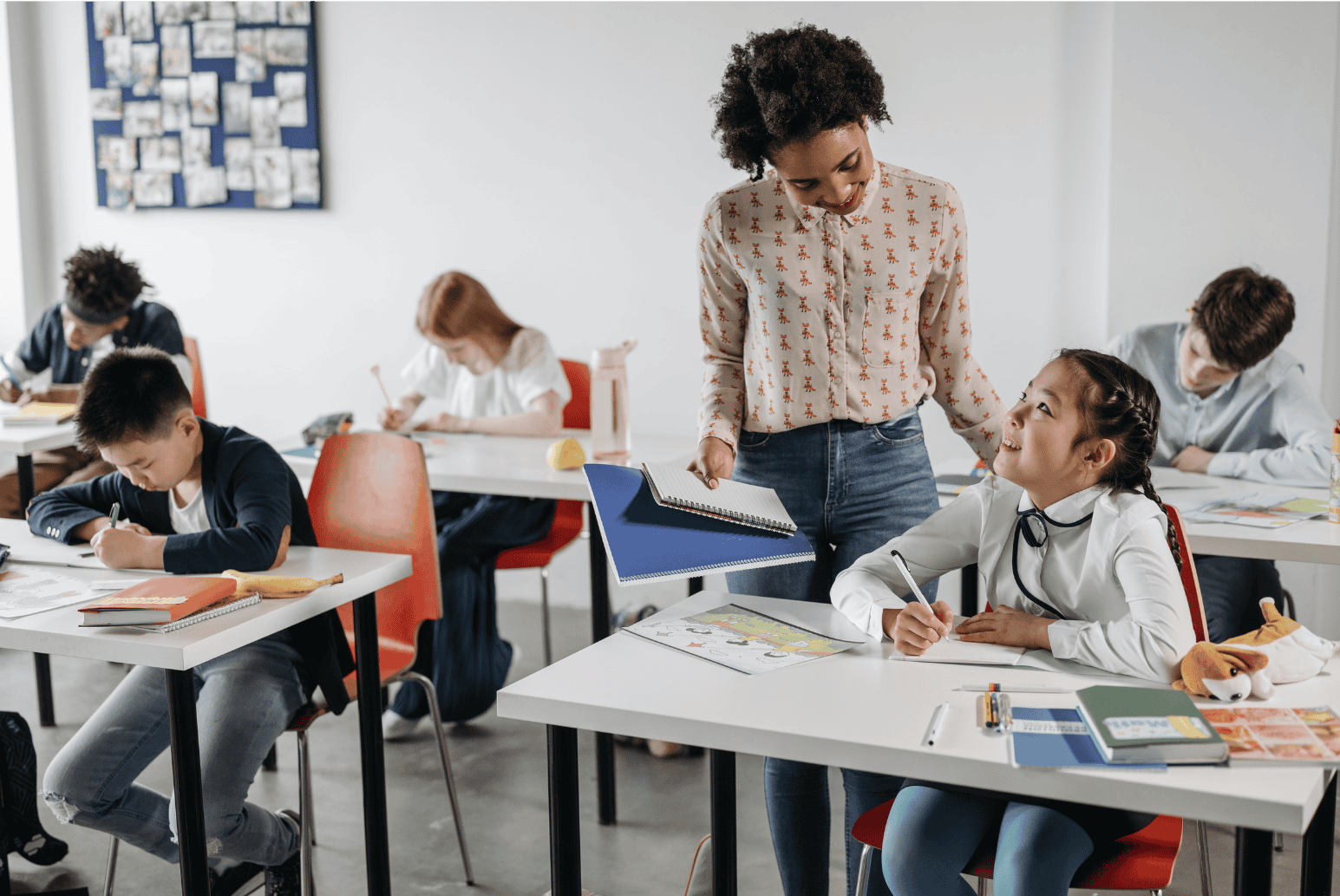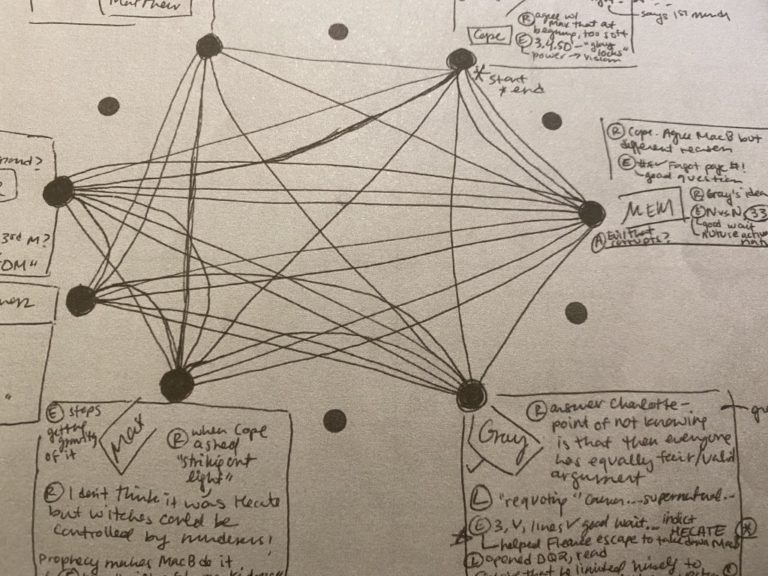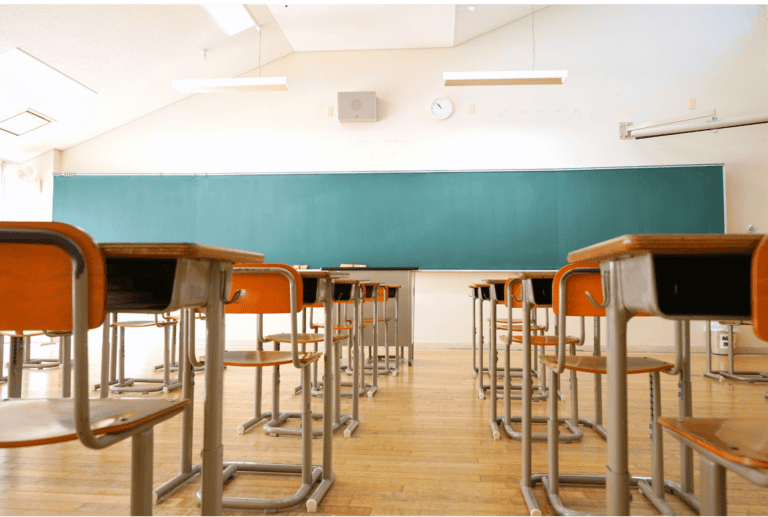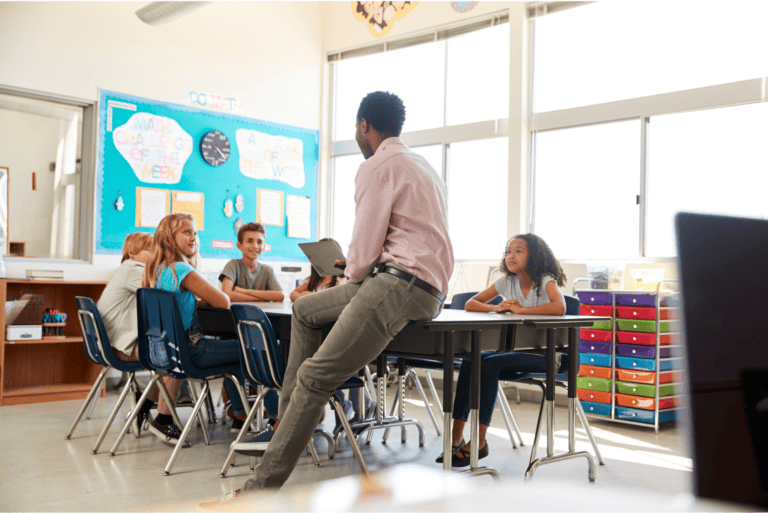Protagonists: Rebecca Marcus
High School English Teacher at The Hopkins School (New Haven, CT) and founder of Paper Paragon, a nonprofit dedicated to serving students who can’ afford tutoring and college guidance.
Hometown Rumson, NJ
Favorite teacher growing up: who and why? It’s a tie between two teachers, for very different reasons. One was my 7th grade math teacher, Mr. Lanman. I take no pride in saying that I’m not the best at math, so it’s interesting that he stands out. But his class really showed me the value of a teacher who could connect with kids who didn’t love the subject, to whom the subject didn’t come easily. In the past, I’d always felt like my teachers became frustrated if I didn’t get things; I had a really weird learning profile, and it looked like I just wasn’t trying in math. He was the first person who really saw that I was still trying, but that there was something missing that he could help me with. It was perspective-changing.
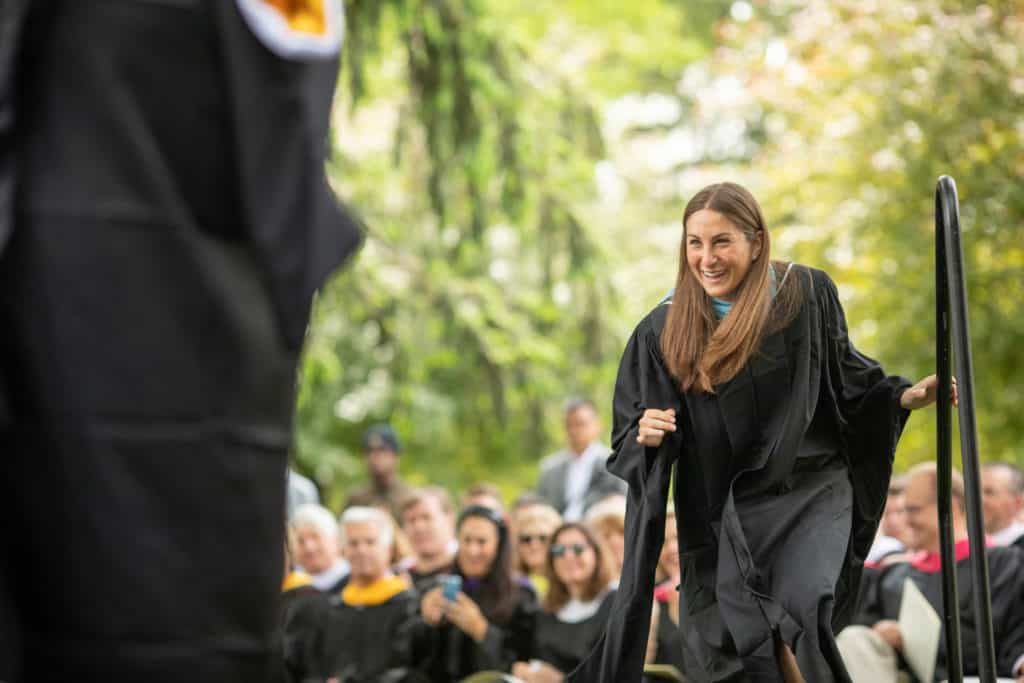
My other favorite was in high school, at a boarding school that I attended. When I returned to that school to teach, he became a colleague and mentor. I took freshman English and senior English with him and then learned to teach from him later in life. He taught me that when you assume high standards for students, they’ll meet the standard. When you bring passion to a subject, your passion will inspire students. They’ll wonder what there is to “get.”
Describe yourself as a student in three words distracted, hardworking, well-meaning
Current City, School, Teaching Assignments (?) The Hopkins School, New Haven CT, 9th grade English and 12th and 11th/12th grade English (“Women and Shakespeare” for 12th grade, in the fall, and a “Dangerous Books” elective for 11/12th in the spring).
Favorite historical figure (or best line from history?) I love Gloria Steinem – I know she’s still alive, so I don’t know how historical that makes her.
Favorite literary character (or best line from a novel?) I tend to have nontraditional favorite characters. My most relatable is Remus Lupin from Harry Potter. I’ve taught Much Ado about Nothing and Beatrice is a character who I really like for a lot of reasons — she’s really complex.
Favorite school supply? Micron .02 tip pens.
Pet peeve about class (student-led?) discussion? I don’t like when students say “no.” When a student says something and then another person’s first response is “No, But…” It’s: I have another perspective on the situation, but it’s not no, you’re wrong. I try, as a teacher, not to say “incorrect,” so it bothers me when students call others out as if they are fundamentally wrong. Maybe they’re not considering every point, but they’re not wrong when they’re offering an opinion or a reading of a text.
Favorite moment of class discussion? It’s hard to describe what I’ll call the look of the dawning of comprehension. My favorite moments aren’t even when someone says something really brilliant; it’s when you can look at a student or read their writing and see them finally making the connection, that first step that you’ve been working on for months.
Biggest challenge to good discussion in a virtual classroom? Zoom fatigue. Honestly. I think good discussion questions can resonate in a lot of different platforms and different ways. I’ve been impressed by the ways that my students have brought energy to the weeks when they’re on zoom, but in a last-period class when you’re zoning out at the end of the day with distractions and screen time buildup, it’s a huge barrier. It’s not that kids don’t have anything to say, it’s that they’re too drained.
Text you count on to inspire conversation? In the current climate, Clockwork Orange. It’s so controversial, but the question of rehabilitation vs. reform and the efficacy of the prison system and who’s in charge of it has really engaged students in the past few years. The prison industrial complex has resonated with Gen Z, and of course, they also love questions of whether people are fundamentally bad, or whether you need to believe differently to be rehabilitated. That one has been really topical and exciting; we never have enough class time for that book.
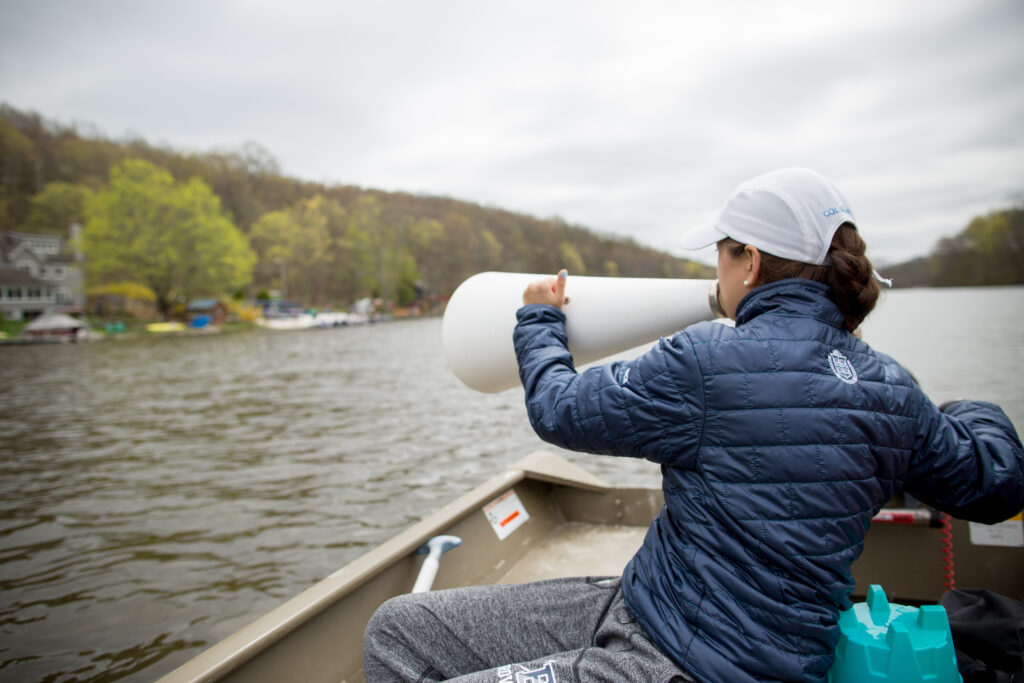
What do you nerd out about? I’m a rowing coach, and while I like to think that I have a lot of balance in how I talk about it, I’m not sure that’s true. I’ve also always loved researching, or just finding articles on places with a story or abandoned places with a history to them. I used to read those “Top 10 creepiest abandoned places” lists. Feminism, also. In general. And assessment, grading.
What is your wish for this world? That before any differences we consider that we are all human.
When historians recount the past year, what will they be especially fascinated by? The way in which the inability to socialize organically affects particularly younger children. What social skills are like as adults twenty years later. What’s that loss of organic socialization going to do to them as adults?
One prediction for the future of schools? That the divisions between and among disciplines will start to blur — the lines separating English/History/Language, Math/Science/History. The subjects that we’ve privileged to this point were established hundreds of years ago in American Educational History. We don’t have the same need for committing historical facts to our minds as we do how to cope with all the information that we have. Hopefully we learn to deemphasize what’s no longer serving the world and emphasize skills and subjects that we need to advance.
Best advice given to you by a department chair or supervisor? If the kids can’t stop talking, you’re doing it right. Don’t worry so much about the other stuff; if they’re engaged, if they’re excited and want to keep building off one another, sometimes you should forgo the lesson plan for that.
Educator-Influencer you count on? First place you turn for classroom advice? I think everybody should read Teach Like a Champion at some point, and also Why are all the Black Kids Sitting Together in the Cafeteria? I did my grad school thesis on the applicability of an American literature class in diverse classrooms: what are we including and what are we leaving out and how is it affecting our students? There was a book, I think Girls, Social Class, and Literacy, and it focused on the idea that so many of the divisions we’re concerned with have to do with how we respond to our students with our words and our body language more than what we say or write to them, the formal feedback we give to them. I love books that help me to ask questions and build on this thinking.
Better class discussions will _______________. Elicit hidden connections.
